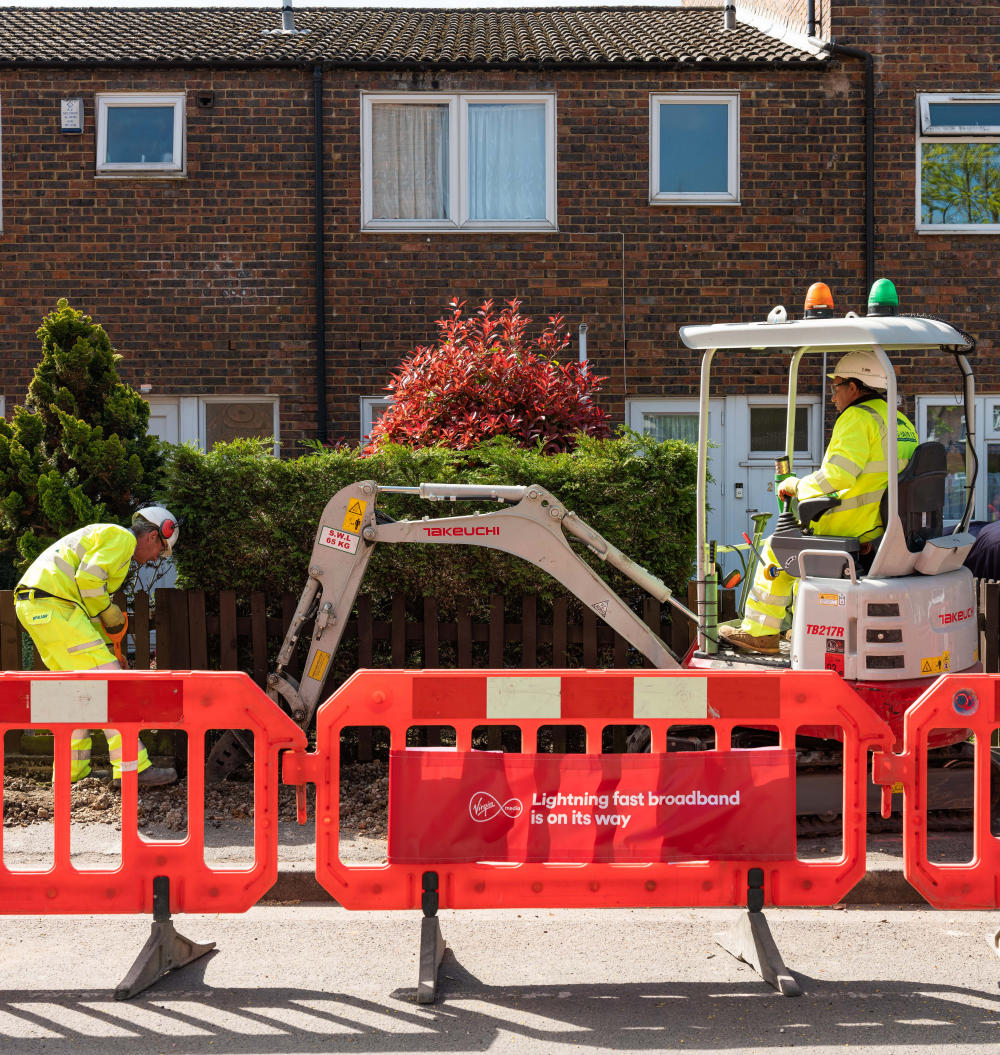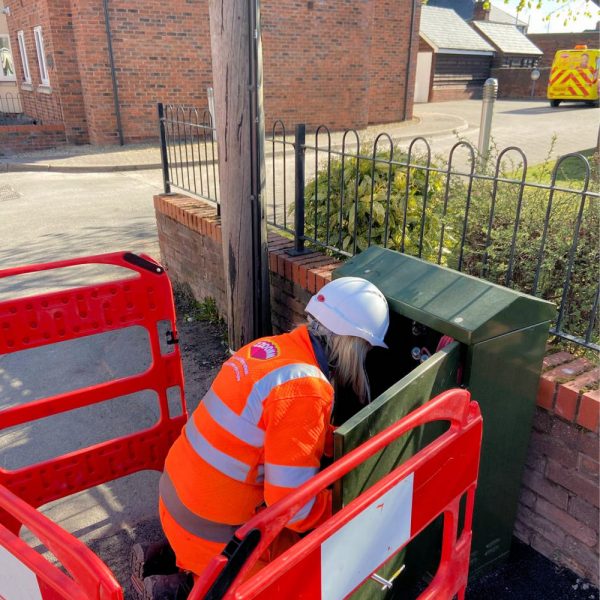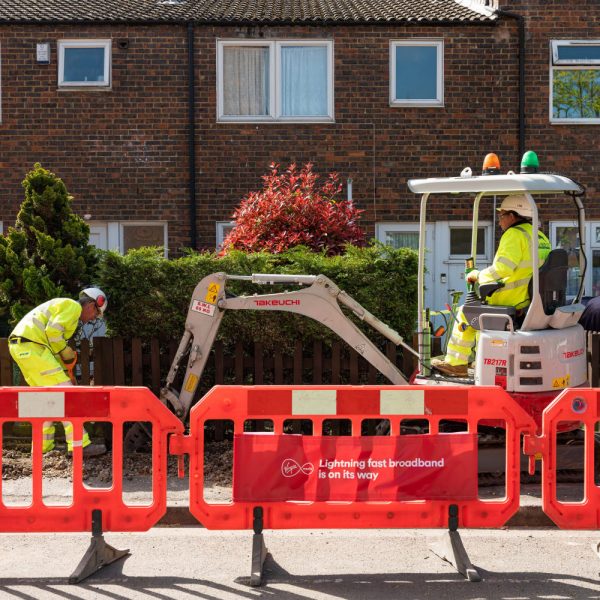Rights Holders and Big UK ISPs Working on Voluntary Internet Piracy Code
The British Phonographic Industry (BPI) and associated record labels (music publishers) are once again attempting to push big broadband ISPs including BT, Virgin Media, Sky Broadband (BSkyB) and TalkTalk into adopting a potentially “unworkable” Voluntary Code of Practice for tackling Internet piracy.
It’s understood that the music firms have become increasingly frustrated by the continued delays to implementation of the government’s controversial anti-piracy tackling Digital Economy Act (DEAct), which was passed into law during 2010 and has subsequently been slowed by a series of legal squabbles, political disagreements and cost concerns.
The act broadly describes a mechanism by which ISPs would issue Notification Letters (Warnings) to customers whom are suspected of involvement with “illegal” sharing of copyright material (music, games, movies etc.). Repeat offenders could have their details pass on to Rights Holders for possible court action or might face other punishments, such as a reduction in service speeds or disconnection (“temporary account suspension“).
But recent delays to the vital Sharing of Costs Order (secondary legislation that now has to be redrafted and resubmitted to parliament), which requires ISPs to pay around a quarter (25%) of the schemes costs, has meant that the first Notification Letters aren’t expected to be sent until “the latter half of 2015“ (here); prior to that they were set for “spring 2013” and then “early 2014“.
Suffice to say that Rights Holders don’t like the idea of having to wait another two years and that’s assuming the DEAct ever gets implemented at all. As a result The Guardian reports that they’ve quietly returned to the idea of developing a Voluntary Code, which has been attempted before in 2008 (here) – as a precursor to the DEAct itself – and then again in 2011 (here).
The second attempt in 2011 only focused on website blocking (this was also in the DEAct but is expected to be repealed after Ofcom found problems – here) but no agreement was ever been reached and since then Rights Holders have instead adopted the use of court orders (e.g. The Pirate Bay block etc.) for the same effect.
Apparently negotiations for a new Voluntary Code, which could be very similar to the DEAct and is due to be discussed with the government on 12th September 2013, have been under way for months. But ISPs remain resistant and one of the key stumbling blocks appears to be the need to create a database of repeat offenders. Some fear that this could be illegal under the Data Protection Act (i.e. ISPs can only retain personal details where they are needed for commercial purposes).
A Spokesperson for TalkTalk said:
“We are involved in discussions about measures to address illegal file-sharing and ultimately would like to reach a voluntary agreement. However our customers’ rights always come first and we would never agree to anything that could compromise them.”
A Spokeswoman for Virgin Media added:
“Music and film companies are speaking to broadband providers about how to address illegal file-sharing but what they’re currently proposing is unworkable.”
The government has said that it would “welcome a system that was effective and fair to consumers” but does not appear able to force ISPs into adopting a voluntary fix, which would indeed be rather difficult when the official DEAct legislation is still slowly working its way towards implementation. In the meantime ISPs appear reluctant to adopt a voluntary solution.
It’s interesting to consider that a basic letter warning system could potentially have been implemented years ago had Rights Holders not lobbied the former Secretary of State, Peter Mandelson, to push in some additional “technical measures” (i.e. disconnection) at the very last minute (here). Lest we not forget that website blocking also crept in a little later, which caused equal consternation and yet more delays.
As a side note, it’s an often overlooked point that the DEAct broadly focused on tackling “illegal” internet file sharing over public P2P / BitTorrent networks. In other words it was actually more interested in people that “uploaded” (shared) rather than “downloaded” copyright content (P2P users generally do both in order to get the best speeds).
Mark is a professional technology writer, IT consultant and computer engineer from Dorset (England), he also founded ISPreview in 1999 and enjoys analysing the latest telecoms and broadband developments. Find me on X (Twitter), Mastodon, Facebook and Linkedin.
« UK ISP BT Business Begin Offering 3 Months FREE Standalone Broadband
Latest UK ISP News
- FTTP (5525)
- BT (3518)
- Politics (2541)
- Openreach (2298)
- Business (2264)
- Building Digital UK (2246)
- FTTC (2044)
- Mobile Broadband (1975)
- Statistics (1789)
- 4G (1666)
- Virgin Media (1621)
- Ofcom Regulation (1463)
- Fibre Optic (1395)
- Wireless Internet (1390)
- FTTH (1382)






















































Comments are closed